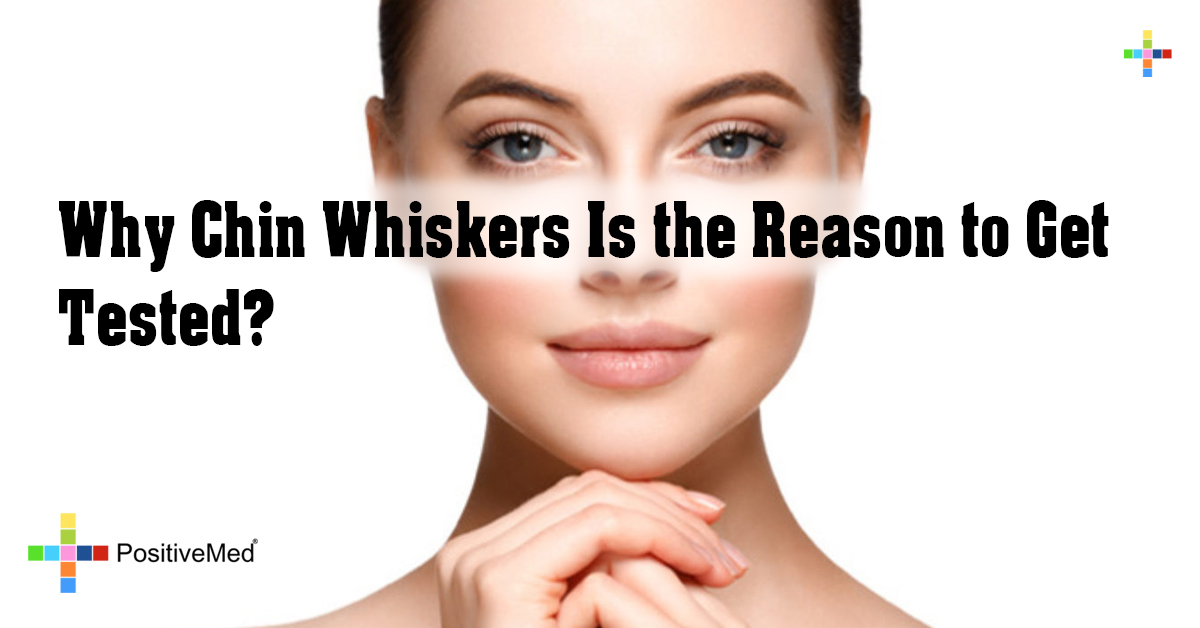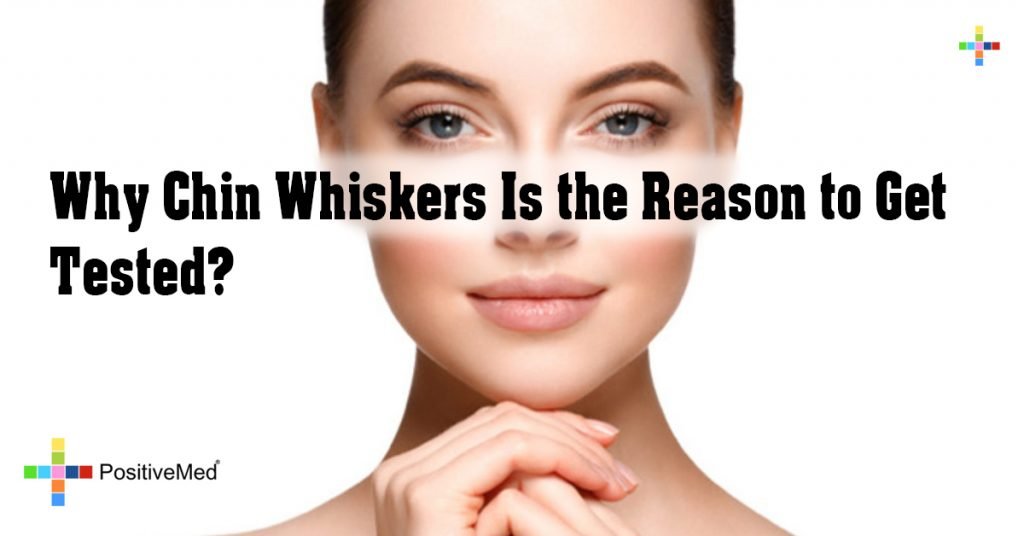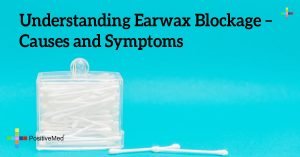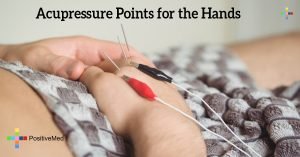
Why Chin Whiskers Is the Reason to Get Tested?
[nextpage title=”…”]It’s typical as women to experience changes in our bodies. Puberty, hormones, child-bearing and birth, and menopause all mean that just when you are getting used to the way your body looks or behaves, something comes along and you have to readjust to your new normal. And since no two women are alike, these changes will not be the same for every woman. Changes that women experience range widely from skin problems and chin whiskers to serious inner changes.

Sometimes, though, changes fall outside the range of what is considered normal. One such change that occurs happens around a condition called PCOS, or Polycystic Ovary Syndrome. It’s possible that this conditions affects as many as 20% of women, and the symptoms can be pretty disruptive and severe.
What is PCOS?
PCOS is an endocrine condition caused by an influx of androgens, or male hormones, into the female hormonal system. It’s caused by both genetic and environmental factors, and is difficult to diagnose because of a range of symptoms.
What are the symptoms?
Difficulty Conceiving
Due to the increase in male hormones, women with PCOS have difficulty conceiving because the follicle that releases eggs never fully develops and so the eggs remain in the ovary. Although ovulation is possible, it is infrequent at best and does not happen at all for others.
Increase in body hair
Another effect of increased androgens is an increase in body hair. Although women experience an increase in body hair due to hormonal changes in puberty, the increase in hair due to PCOS is sudden and located in places like the face, chest and backs of the arms. Chin whiskers and mustache are clear signs of an endocrine system problems.
Changes in skin, including acne and sudden dandruff
Male hormones also cause changes in the constitution of the skin. Again, things like puberty or menopause can cause changes to the skin, but with PCOS the change is sudden and severe, resulting in flaky scalp, sudden dandruff, and sometimes hair loss on the head. Acne is also more pronounced.
Changes in menstruation
Male hormones affect periods. For most, the hormones cause infrequent menstruation or no menstruation at all.
RELATED ARTICLE: How to Get Rid of Hormonal Acne
[/nextpage] [nextpage title=”…”]
For others, periods become heavy and prolonged. Some women also experience an increase in aches and cramps associated with menstruation.
Insulin Resistance
For many women, PCOS also causes sudden insulin resistance, which can lead to things like obesity, especially concentrated in the upper body, and skin tags. Type 2 diabetes is very common in women with PCOS.
Anxiety and Depression
Hormones are responsible for our moods and emotions. PCOS often causes the onset of depression or anxiety due to changes in hormone composition and fluctuation.
Women also experience depression due to changes in their outward appearance not associated with being “female,” including facial hair and weight gain.
I have PCOS. What can I do now?
The first tip to managing PCOS is to make changes to your diet. Certain foods can affect your hormones, and since PCOS affects your insulin levels, it’s important to watch your intake of sugar. To manage insulin levels, foods that are low glycemic are best. Also, leafy greens and fish can help.
Magnesium also benefits women with PCOS. Magnesium is an electrolyte that helps manage metabolism and blood sugar.
Intense exercise is also helpful. You should break a sweat within the first few minutes of a workout. This helps to build muscle which is more efficient in managing metabolism.
It’s important to consult your doctor when you are diagnosed with PCOS so that you can manage you symptoms and keep up to date with your medications. Since every patient is different and presents slightly different symptoms, adjusting the medication regimen may require time.
A doctor can also recommend therapy if depression and anxiety symptoms are pronounced. You may also need to visit an endocrinologist to get the right combination of therapies.
So, if you suddenly gained weight and you feeling depressed, or if you look at the mirror and see chin whiskers on your face – make sure you schedule an appointment with your doctor.
A PCOS diagnosis may feel bad, but it won’t be the end of your world. There are ways to manage both the health symptoms and the effects on physical appearance. You can still live a full, joyful life despite PCOS.
[/nextpage]








